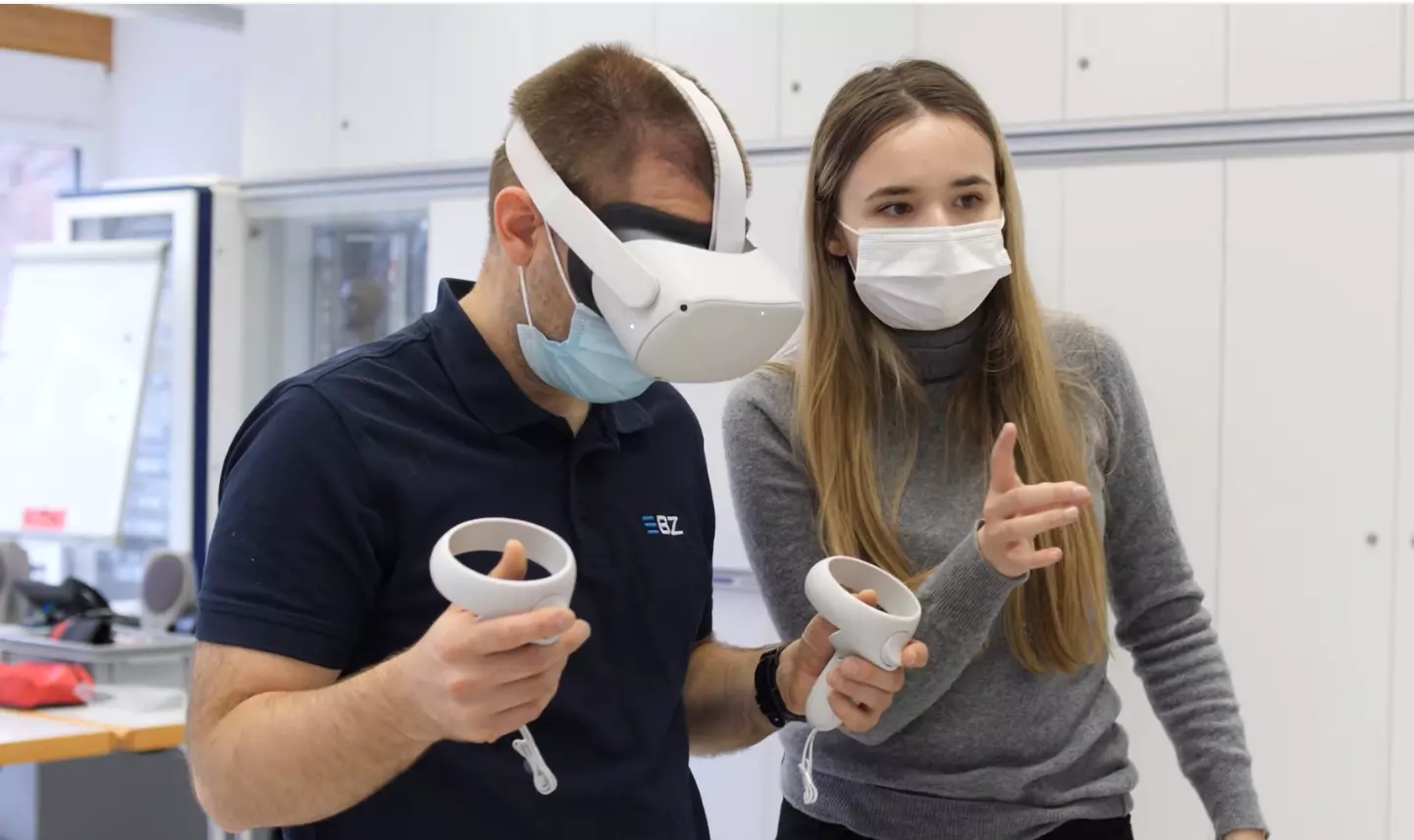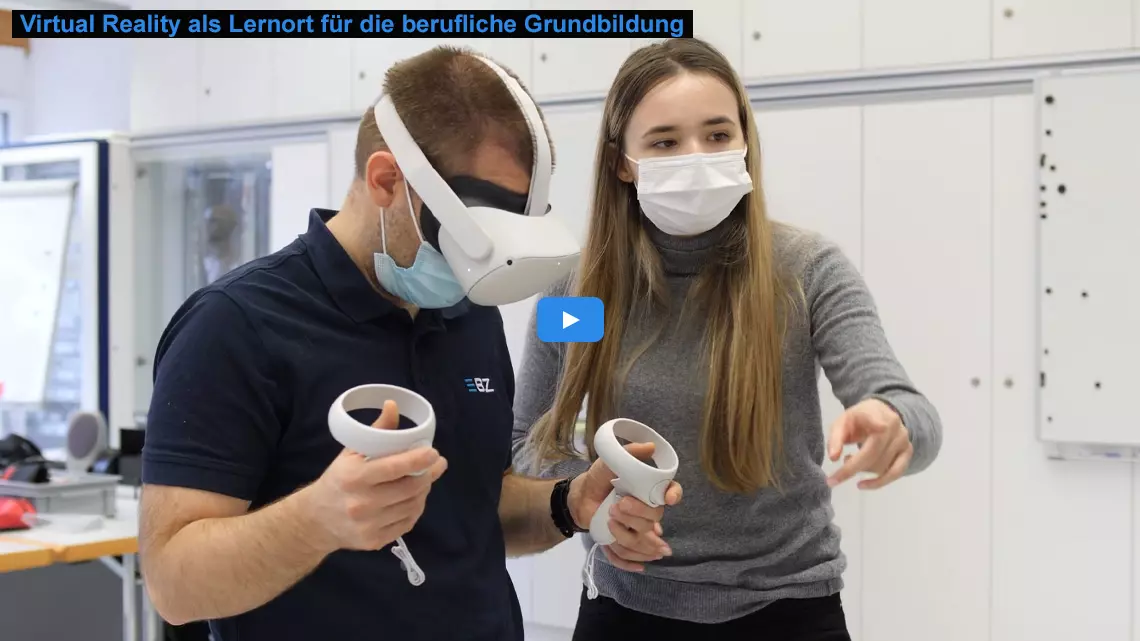Innovative ZHAW projects as part of the DIZH
The development and implementation of innovative solutions to meet the challenges of the digital transformation: This is the objective of the ten projects approved in 2021 by the digitisation initiative of the Zurich universities (DIZH), an innovation programme kicked off a year earlier. The ZHAW is involved in nine out of the ten projects.

The DIZH innovation programme funds cross-university projects with industry partners aimed at combining research and practice. Since 2021, various calls have been held in which projects have been selected for funding. ZHAW researchers were involved in nine out of the ten projects that were funded in 2021 as part of the DIZH innovation programme. Thanks to its strong focus on applied innovation, the ZHAW is an attractive partner for collaborations in the areas of research and industry.
An app for people who care for relatives
Samuel Wehrli and Barbara Baumeister (both from the ZHAW School of Social Work) are working together with Jürgen Späth (Zurich University of the Arts) and the partners We+Tech and Pro Aidants to develop an app for caregiving relatives who often find themselves under great strain. The You+Care digital application introduces a stress management system, helps with targeted interventions and establishes a network of professionals from a wide range of disciplines. “I have never worked together in such an interdisciplinary team. While this is extremely exciting, it also represents a challenge, as the approaches vary greatly,” says Samuel Wehrli.
A virtual reality project with the Zurich University of Teacher Education
Thomas Keller, Elke Brucker-Kley (both from the ZHAW School of Management and Law), Reto Knaack (ZHAW School of Engineering) and Martin Berger (Zurich University of Teacher Education) are exploring virtual reality (VR) as a learning environment for basic vocational education. Such a learning environment is not intended to replace the role played by physical venues such as businesses and upper-secondary vocational schools, but rather to supplement existing offerings with innovative didactic possibilities. “Not all trainees have the same conditions to practice when working on site. With our VR app, for example, they can take measurements safely using a virtual measuring device in a virtual room,” says Elke Brucker-Kley.
The ZHAW is also strongly represented in other DIZH calls. For instance, five projects involving the ZHAW are being funded as part of the DIZH’s Rapid Action call, with DIZH Fellow and ZHAW doctoral student Annina Zysset (ZHAW School of Health Professions) being one of the participants.
Back to overview
